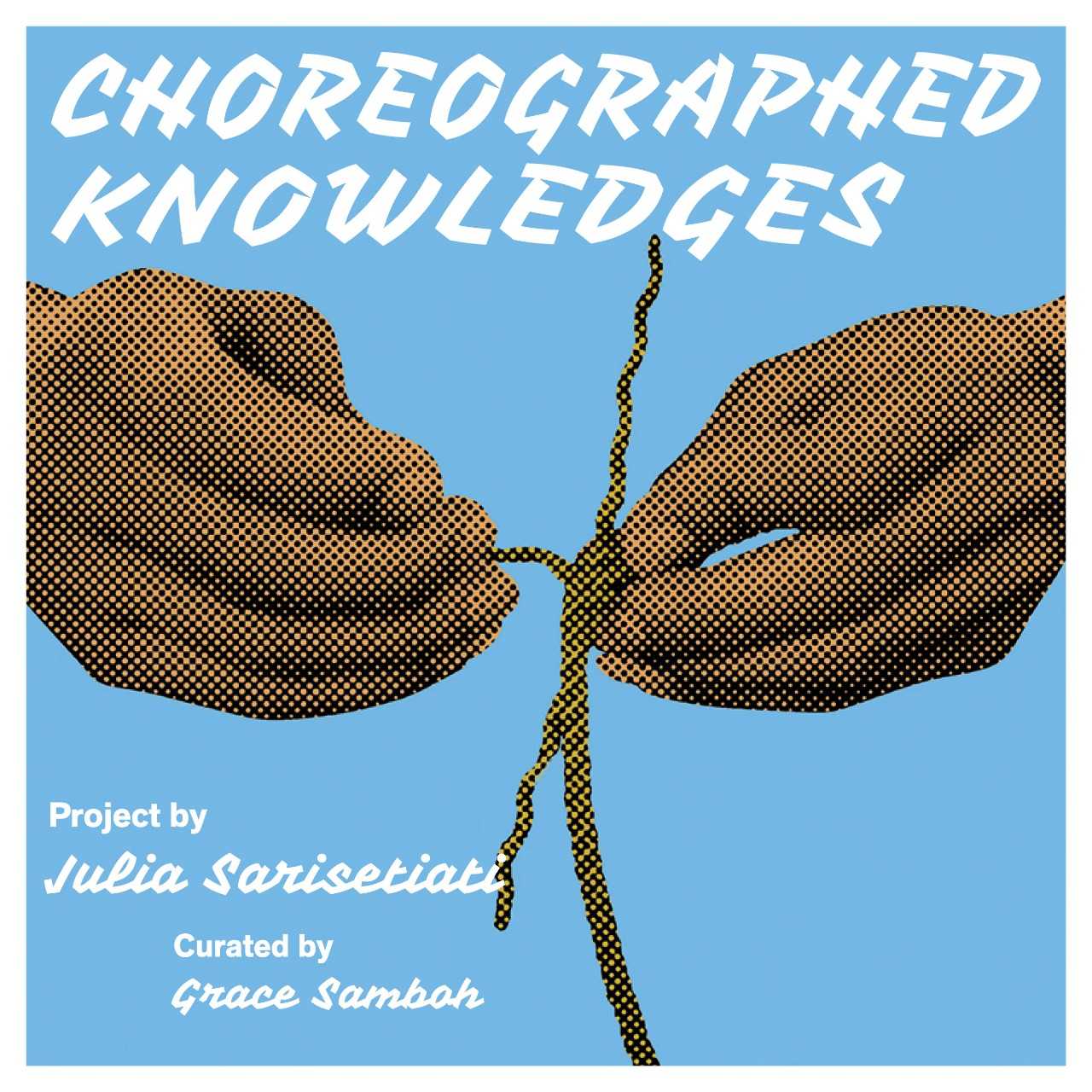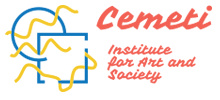Opening on the 19th of January at Cemeti—Institute for Art and Society: Choreographed Knowledges, a project by Julia Sarisetiati curated by Grace Samboh
This project builds on Julia Sarisetiati’s long-term research and engagement with Indonesian migrant workers. It aims to explore how bodies of power, such as state and corporations, “choreograph” bodies across the globe as a migrant workforce, focussing particularly on what comes before: education and training.
Since 2011, Julia Sarisetiati (Sari) has engaged with a variety of migrant worker communities and organisations from Indonesia, from migrant workers in South Korea, academics in the field of employment and labour, migrant workers preparing to return to their hometown, as well as with prospective workers who are about to go abroad. For instance, in 2016 Julia Sarisetiati started developing a digital smartphone application called IndoKWork, which offers migrant workers a platform to exchange experiences and knowledge, from practical information or tips needed for survival (concerning language, food, ways to overcome cultural differences, etc.) to strategies to develop their lives once they return to their home country (for instance: what businesses could they start up?). Starting from the friendships that Sari has been building with these communities, the artist explores the topic of human (as) resources in Indonesia, asking: In this vast and rich country, why do so many people decide to work abroad? Is this an informed or a coerced decision? Sari particularly foucsses on the relation between migrant labour and education, questioning what national educational systems and policies exist and how these are implemented.
Choreographed Knowledges can be seen as a pause, a moment of public reflection within the artist’s ongoing research and longterm engagement with communities of migrant workers. Sari will share her notes and questions about the various interests and policies that underlie the phenomenon of the migrant workforce. How are migrant workers trained, educated and organised? In what kind of industries do they work? Who or what creates the demand for the migrant work force? And how do state and corporations stage and train workers to meet this demand? By means of several video and photo installations, a resource room, a timeline and other research findings, this exhibition looks in-depth at how migrant workers are taught to embody knowledges relevant to the industry and country they will travel to while questioning what politics underlie the need to work abroad. Choreographed Knowledges furthermore invites all of us to consider our working conditions and its relation to education.
For more information about Choreographed Knowledges, the artist, the curator, and the public programme, please visit Cemeti's website here and keep an eye on our social media (Facebook and Instagram)
Choreographed Knowledges is part of Bodies of Power/Power for Bodies, Cemeti's ongoing programming thread that explores the social role and political agency of cultural practice; how we can speak to (bodies) of power, as well as directly support our individual and collective bodies.
19 January-9 February 2019
Jl. D.I. Panjaitan 41, Yogyakarta, Indonesia
TYI: DAI & Grace Samboh have teamed up in 2015 when we brought our students and tutors to Indonesia in the context of SONSBEEK 2016 Transaction.


